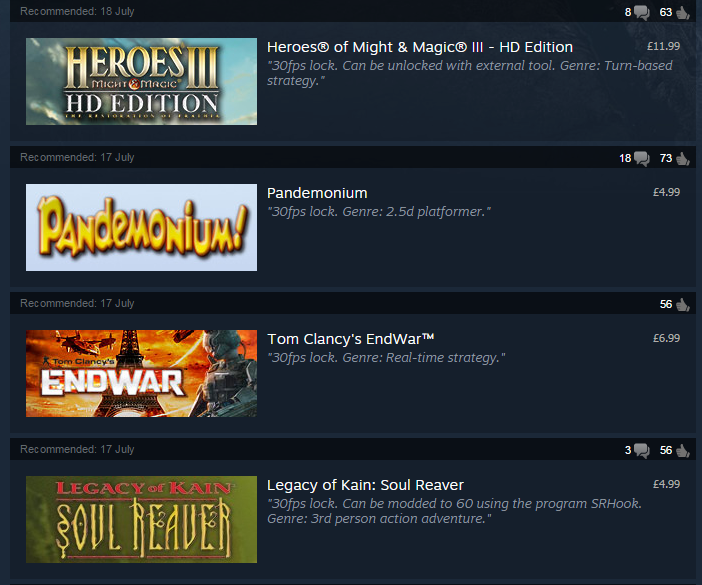Games Wales 2015 – Yes, Wales Has A Games Industry

Cardiff is a city where old and new meet in sometimes unexpected ways. A good place for Games Wales.
To many of you, dear readers, Wales will be known for sheep jokes, being where lots of Doctor Who is filmed, and little else. This even applies to many of our readers from just across the way in England, or, as we like to call it, The Land of Our Oppressors. I joke, of course. Except about the sheep jokes thing. As such, it may surprise you to know that we have a games industry, and that it’s growing. I had the privilege of attending one of our gaming events today: Games Wales 2015 (And the BAFTA Cymru Video Game Awards. More on that in a bit.) This is the article you must have been sort of expecting, considering the name of the place.
Games Wales is, as you might expect for a smallish country made mostly of crinkles in space-time, seemingly quite small. There is, however, a very important “but” approaching. An extremely important “but”. And that is that it was perhaps the most balanced games show I have seen in some time. Many games shows are all about the games. There’ll be some hardware guys, the stalls selling games (second hand, imported, or new), with the universities (decently accredited or otherwise) and indie developers sort of hanging round… But edutainment or children’s games are not always represented, and in fact, there is a sort of sentiment that kid’s games, of any kind, are a death spiral for someone’s game dev career. Games Wales was somewhat different.
There were three universities, all of which are actually universities, with actual degrees that actually produce bits of paper you can wave without being laughed at. Representatives of the Unity engine, S4C (Wales’ very own television channel), the BAFTA folks… Even government and legal representation was present.
I’d just like that to sink in for a second, because it’s part of why I’m confident that the games industry in Wales at least has a chance to thrive. The Welsh government has, over the past few years, been made aware that yes, media is a thing we do well, and games are part of that, so there is at least some support out there. Games Wales didn’t discriminate on the games end either. In one corner, two brand new devs, with their first products. The games they present are simple, but quite decently show that yes, this is how game designers start: Small. Next to that, the stall of the creators of an upcoming monster fighting game called Creature Battle Lab… And across the way from them, the Unity Technologies representative stood happily between the developers of a piano teaching game for young children, and the stall of the aforementioned Welsh Government’s Department for Business, Enterprise, Technology and Science. It was, if you’ll forgive me stating the obvious, slightly awe inspiring how much planning had gone into what would be 32 stalls in Cardiff’s City Hall.
Attendance was, much like the event, small, but growing, and, by the time I’d left (About ten minutes after the BAFTA Cymru 2015 Games Winners were declared), my leaving was as much due to feeling a bit crowded and unable to feel comfortable hogging a demo or a studio lead as it was my poor aching feet. As to the BAFTA Cymru Awards themselves, this year had some strong competitors (Including Wales Interactive, who have already shown some strong game-dev-fu with Infinity Runner, which was nominated this year, and Soul Axiom, an interesting sci-fi adventure game, currently in Early Access.) The winners, however, definitely deserved their seats. A Mechanical Story (In which the players progress by building contraptions to solve puzzles) took the general award, while the other four awards went to Boj Digs (Thud Media, Gameplay Design Commendation), Madron (Glasscube/S4C, Artistic Achievement), the 360 VR project (Atticus Digital, Technical Achievement Commendation), and, also from Thud Media, winning the Sound and Music category, was Toot’s Harbour.
I’ll hopefully be interviewing developers, lawyers, and government reps alike about the Welsh games industry, and perceptions of the state of the industry at large. I look forward to sharing these interviews with you, as we sometimes forget, in this international and internetted community of developers, players, and businessfolks, to see things on a national, or even a local level.
You can keep up with welsh games events and welsh game developers through GamesWales.






